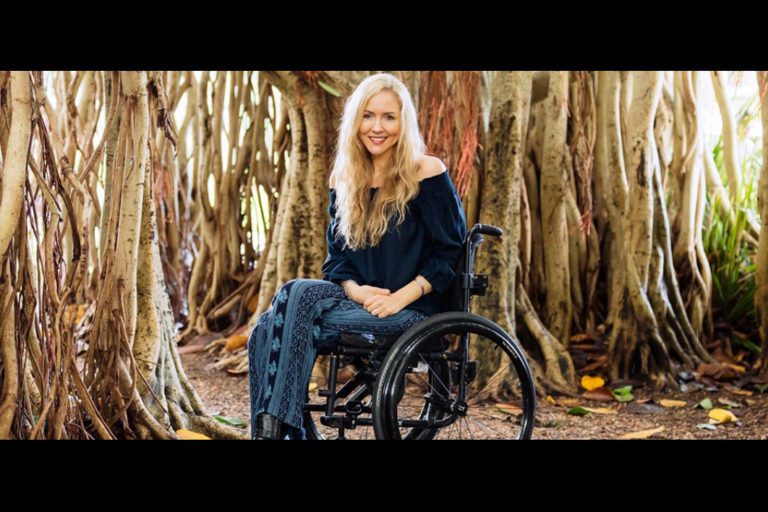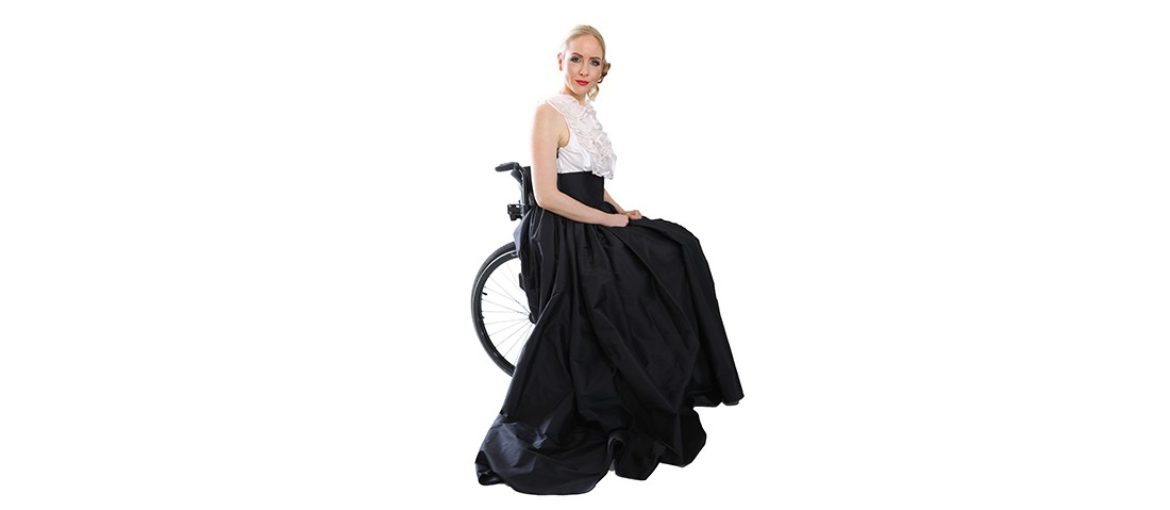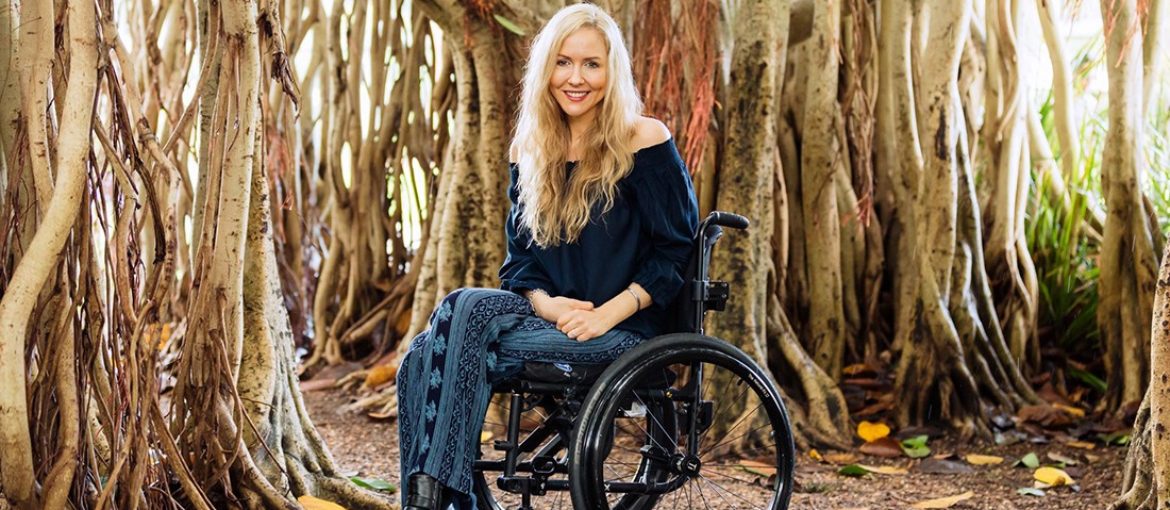MENTAL HEALTH
BIAS: MORE DIS-EMPOWERING THAN A DISABILITY

WORDS: Lisa Cox PHOTOGRAPHY Supplied
We all have biases, it is a bias that helps us to make sense of the world. It’s the filter through which we view events in our lives and understand the people that come and go from them. As helpful as they are, biases can also limit us because our perceptions might not always be accurate, preventing us from taking chances, letting people into our workspaces and personal lives, and limiting our curiosity.
No one is more familiar with bias and how limiting biases can be, than a person with a disability. Anyone who has to contend with being perceived as “different” understands how frustrating it can be to try and get a job, start a business, thrive in social situations, or enjoy the same opportunities as others when people simply don’t view you as capable.
Get hold of these 5 significant types of bias to reclaim your decision-making power and improve your leadership skills.
UNCONSCIOUS BIAS
The belief systems we hold dictate how we perceive the world. These belief systems aren’t conscious, some of them are semi-conscious but many of them are unconscious and they’re responsible for how we make decisions, what decisions we make, and how we view the outcomes of our decisions. These belief systems often come from how we were raised, we may have adopted our parents’ views on the world, we may have been culturally influenced, and then our own personal experiences have played a large role in shaping the belief systems we hold.
CONFIRMATION BIAS
Confirmation bias is when we hold a certain belief about something and we are determined to hold onto that belief, regardless of the evidence disapproving it. It might be an opinion on certain types of people, it might be a religion or a generalisation of a cultural group. Confirmation bias will see us only accepting evidence that proves what we already believe. This can be severely limiting. For example, when an employer believes that workers with disabilities won’t be suitable employees, he will only accept evidence that backs up this belief, rather than looking at the testimonies and success stories of businesses that have hired star employees, who have disabilities.
THE DUNNING-KRUGER EFFECT
Have you found yourself decidedly un-curious? Generally satisfied with what you know about the world? The Dunning Kruger Effect is a type of bias that refers to how people perceive a concept or event to be simplistic just because their knowledge about it may be simple or lacking. If you have a chronic illness or a disability and you hear people talking about your condition, you’ll understand this effect. Living with limitations is far more complex than people realise, there’s no clear black or white with regards to your abilities. No two people are the same, either, which makes these conditions all the more complex, each person responds differently to the same diagnosis. Employers can keep this bias in check by asking people where their limitations are, and trusting their judgement.
FUNDAMENTAL ATTRIBUTION ERROR
This type of bias can make employers attribute the limitations and behaviours of people to stereotypes. For example, if someone is late, you may assume it’s laziness when in actual fact there may have been a legitimate reason for lateness. This bias will also see the employer attributing external factors to their own behaviour, not attributing the same bias to themselves, so when the employer is running late, they might blame the traffic.
ARE YOU A BIASSED BOSS?
As an employer, it is important to take stock of your own biases and keep them in check. It’s not just so that you can be a better leader, it’s also for the good of the business. How will you know if you are limiting yourself of opportunities if you’re not aware of the unconscious opinions and views that drive your decision-making behaviours?
Inclusion has been a big part of the conversations in the business world lately. We want to uplift minorities but until we tackle unconscious bias, all efforts will remain tokenistic.
Lisa Cox is a multi-awarded writer, presenter and consultant based in Australia. She is also the author of two books, an advocate and ambassador. Lisa is on a mission to muse, educate and challenge. Her work has been published nationally and internally for publications like Huff Post and The Sydney Morning Herald.
BA Bus (Comm) / BA Arts (Media)












